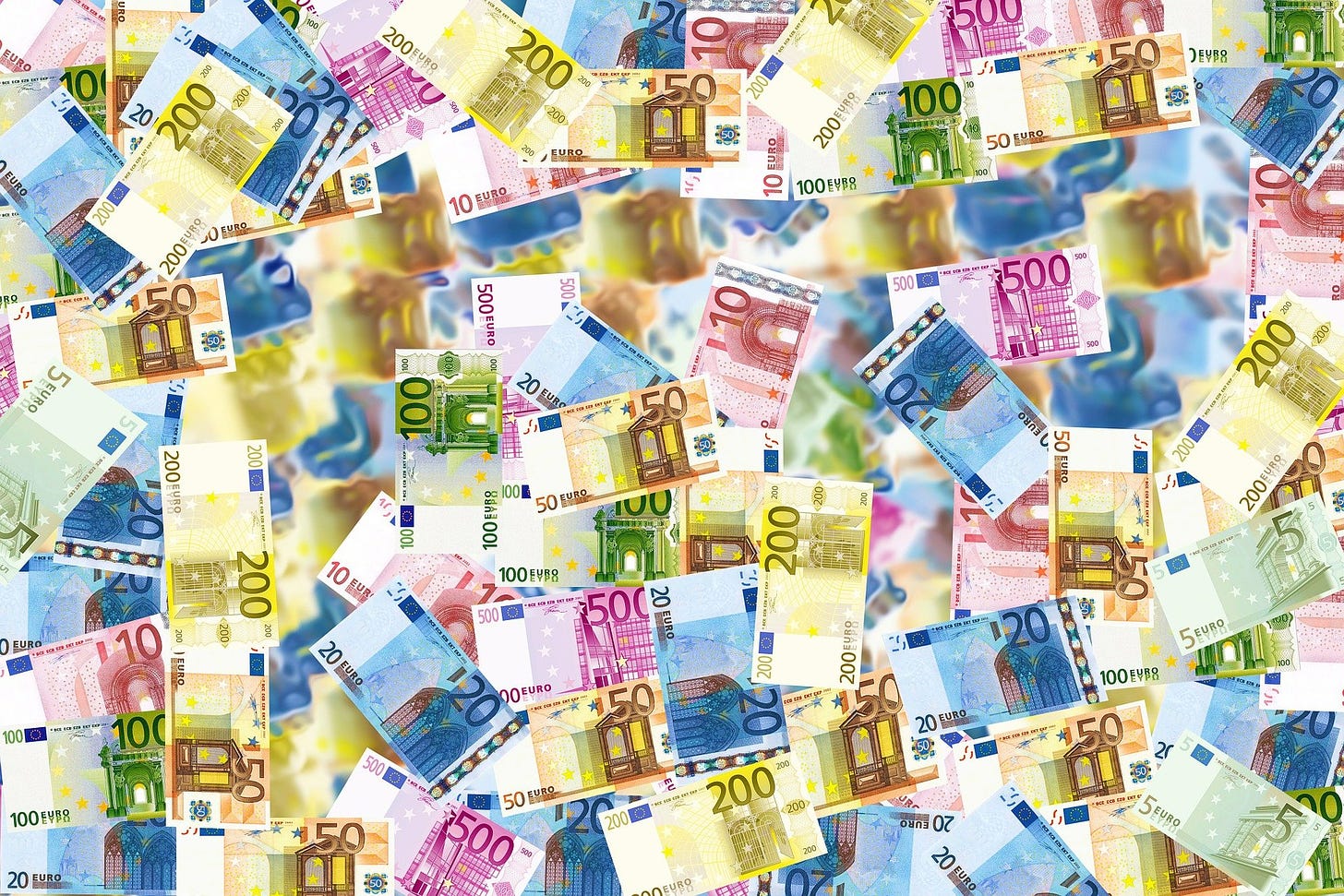Currency Appreciation – it's Impact, Causes and Advantages
A nations currency’s value is not assessed in absolute terms. It is always measured against what it is being compared to. If there be a rise in the price of the nations currency against foreign currencies, it is called currency appreciation.
It is a strategic instrument used by countries to improve their economic prospects. This article delved into what currency appreciation is, the impact of inflation and how currency appreciation benefits the economy.
What is currency appreciation?
The holistic improvement in the value of a national currency, relative to the importance of foreign currencies is known as currency appreciation. Due to fiscal policy flexibility, inflation, interest rates, or government borrowing, currency appreciation might increase the demand for a local currency in an international market.
The worth of a currency in a floating rate exchange system fluctuates regularly based on supply and demand in the forex market. By raising or decreasing their holdings, traders and corporations can profit from price swings.
On the other hand, currency appreciation is not the same as a growth in the value of securities. Demand and appreciation are inextricably connected. When the value of a currency increases, so does its demand. On the contrary, when a currency depreciates, it also loses perception.
Impacts of currency appreciation
1. The rise in export costs
When a country’s currency appreciates, it impacts the export business of a country. The quantum of commodities exported from that country may decrease. This is basically because it becomes more costly to export. This situation will reduce a country’s GDP (gross domestic product), and may eventually be detrimental to that country.
2. Cheaper imports
If local goods become more costly on the international market, imported goods will likely become cheaper in a foreign country. This means that a home currency may purchase a higher-value good in foreign currency, allowing purchasers to buy more international items.
3. Trade deficit
There are also trade imbalances as a result of currency fluctuations. Trade imbalances are high because strong currencies lead to cheaper imports, resulting in abnormally high import levels and abysmal export levels.
4. Lower inflation
Imports will become cheaper if a native currency appreciates, and aggregate demand will tend to decline. All of this combined can significantly reduce the rate of inflation.
Causes of currency appreciation
1. Lower inflation rates
The value of a currency with a lower inflation rate will increase in contrast to a currency with a higher inflation rate. This is because a lower rate of inflation leads to an increase in interest rates. Higher interest rates will in turn attract more overseas investment, increasing the demand for domestic currency.
2. Investor’s sentiments
In an international market, investor sentiment can affect demand and supply for a currency. As a result, investor mood is regarded as one of the most influencing factors on the appreciation or depreciation of a currency. Other factors are government trade, recession, speculation, terms of trade, political stability, and the nation’s current accounts.
Advantages of currency appreciation
Currency appreciation can help reduce inflation and wear off economy overheating. This can be attributed to imports becoming significantly cheaper and exports rising. Domestic products may become more costly due to this appreciation, causing imported goods to become cheaper on the international market.
A currency appreciation is also reflective of the productivity, employment and overall economic health of a country. An investor may be attracted then to invest in such countries.
Disadvantages of currency appreciation
Currency appreciation may be problematic for an economy too. When there is a rapid appreciation in the currency, it may become a big issue during economic downturns.
Currency appreciation may increase export expenses. When a country’s currency appreciates, the number of commodities exported from that country decreases. This situation can drastically impact a country’s GDP. It may also result in trade imbalances since strong currencies typically result in cheaper imports, causing a country to import more than it sells.
Currency and its core components are the invisible backbone of a country and its financial institution. A nominal appreciation of a currency in any part of the world can significantly impact other currencies. Currency appreciation is the increase in the local currency’s values compared to a foreign currency’s value. It allows imports to become less expensive while exports become more expensive.
Lower inflation rates, government trade, nations’ current accounts, political stability, recession, terms of trade, speculation, and other factors impact currency appreciation.
Bottom line
A currency appreciation is an economic factor which has micro as well as macro impact on domestic as well as international financial position of a county and it has to deal with at most professional care.






